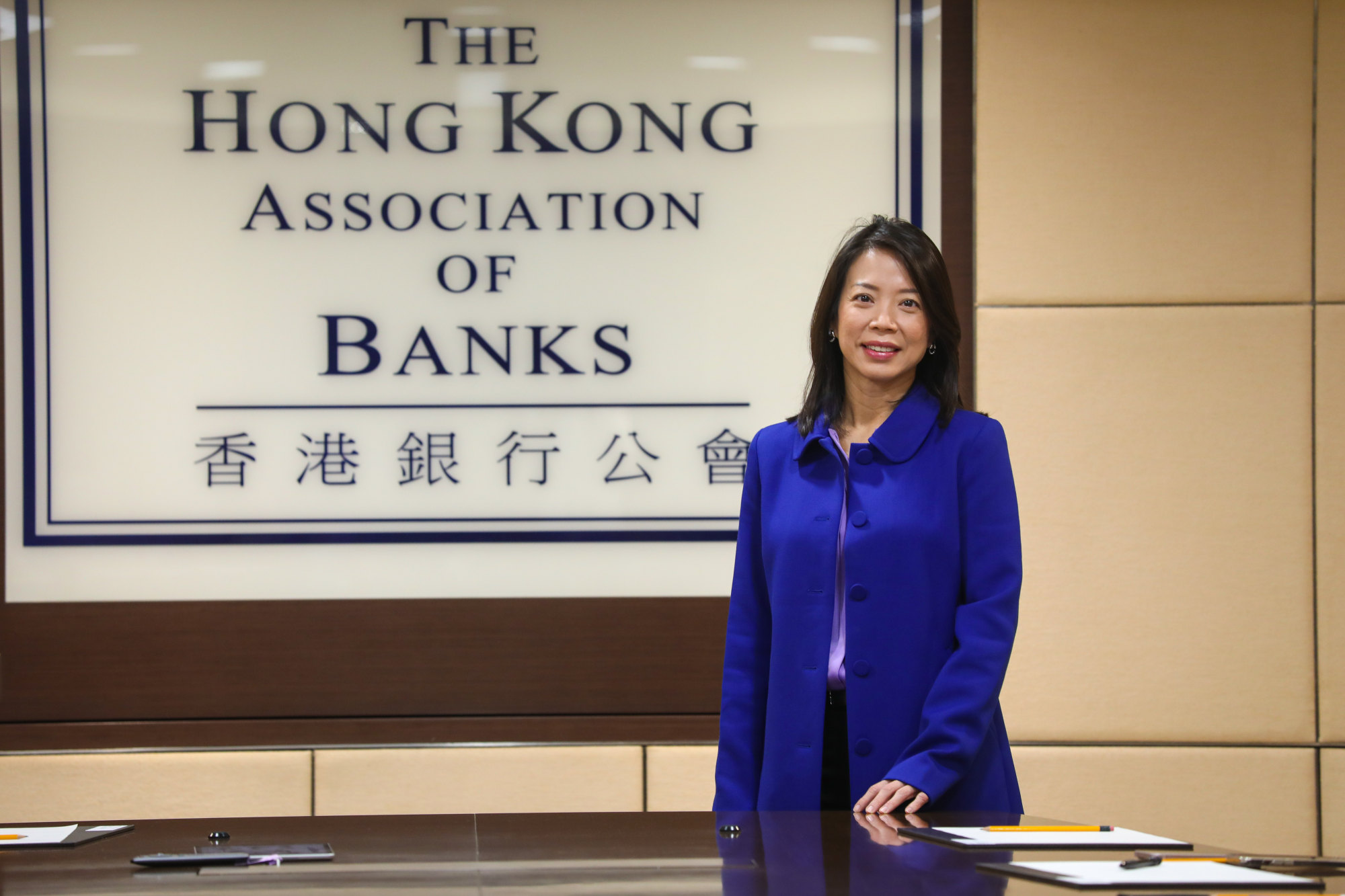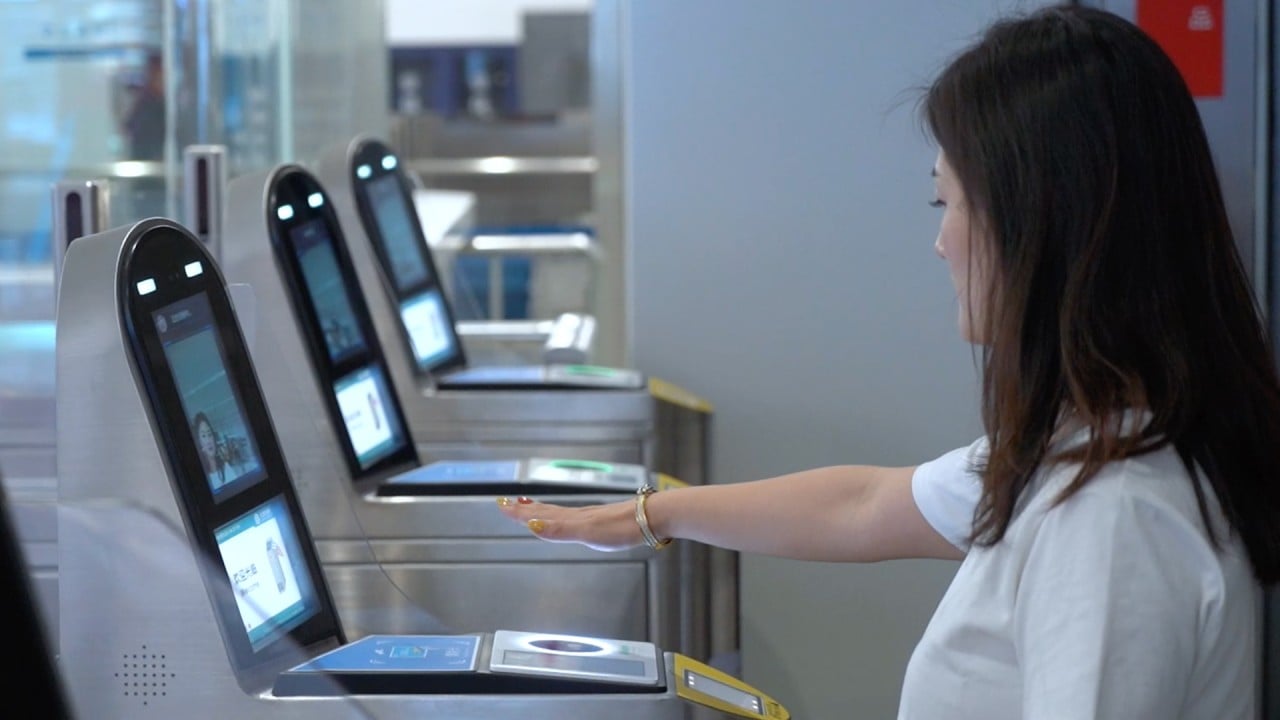Three years of Covid has pushed the public towards digital payments, leading to a decline in the use of cheques, said Lim, who is also the Hong Kong CEO of HSBC. The HKAB’s chairmanship is rotated annually between the bosses of HSBC, Standard Chartered and Bank of China (Hong Kong), the three note-issuing banks in the city.

Lim said it had not yet been decided if the payment method would be totally phased out. The issue will be discussed by a task force set up by the HKAB to explore various possibilities and options to work out a road map to encourage cheque users to shift to digital payments.
There are concerns about what options would be available to cheque users, she said.
Cheque transactions in Hong Kong shrank to HK$488.6 billion (US$62.5 billion) in December, a decline of 13 per cent year on year, according to data from Hong Kong Interbank Clearing.
Compared with August 2018, a month before FPS was introduced to enable instant, costless transfers, the use of cheques had slumped by 34 per cent.
Transactions via FPS, which allows consumers to transfer money between different banks via mobile phones, stood at HK$430.24 billion in December, an increase of 39 per cent year on year. FPS transaction volumes have jumped 12-fold since its launch in September 2018.
Since the first cheque was issued in Britain in 1695, the payment method has been widely used for money transfers and business transactions.
Many countries are moving ahead with plans to consign cheques to history amid the emergence of digital payment methods. Singapore and Australia have announced a timeline to end the instrument’s use, but a similar plan mooted in Britain in 2009 was abandoned because of public opposition.
Digital wallets to become Hong Kong’s leading online payment system by 2025
Digital wallets to become Hong Kong’s leading online payment system by 2025
Australia will phase out government use of cheques in 2028 before winding down the system by 2030, according to the Australian government’s announcement in June, which said cheque use had declined by 90 per cent over the past 10 years.
Singapore will scrap corporate cheques by 2025, but allow individual use, with banks charging users a fee since November, according to the Monetary Authority of Singapore (MAS). Cheque transactions in the city state sank 70 per cent from 2016 to 2022.
“With the fixed cost incurred in cheque clearing, the average cost of clearing a cheque has quadrupled since 2016 to S$0.40 (US$0.3) in 2021,” the MAS said, pointing out that the cost will increase to between S$2 and S$6 by 2025 amid a further decline in usage.
In Hong Kong, it cost about HK$15 (US$1.9) to process each cheque in 2015, according to the Hong Kong Monetary Authority, which stopped updating the data since then. It then cost the banking industry about HK$2 billion a year.
The UK experience shows that the cheque’s demise has been delayed for the time being. The UK Payment Council in 2009 once considered abolishing cheques from 2018, but shelved the idea in the face of strong opposition from the public, as many small businesses and charities still use cheques.
Still, the use of cheques in the UK declined to 150 million leaves in 2021, a decline of more than 80 per cent from 10 years earlier, government data showed, while it is projected to fall further to 70 million leaves in 2031.
Meanwhile, Lim said the HKAB this year will organise visits to Southeast Asian countries to build connections and explore new opportunities, with the first trip to Thailand at the end of this month.
As the macro economy continues to be full of uncertainties, it is imperative to promote Hong Kong and build relationships in overseas markets, she said.
The HKAB will explore opportunities in the Middle East after signing a cooperation agreement with the United Arab Emirates in December.
Anti-fraud, talent training, and fintech development are on the HKAB’s development agenda this year, Lim said.


